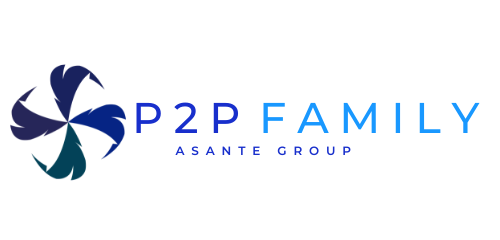Lack of Internal Linking Strategy A lack of internal linking or a disorganized approach can confuse search engines and prevent important pages from being properly indexed. Effective internal linking is a key part of SEO ranking factors, and it can also help users navigate your site more easily. Achieving a high SEO ranking requires a strategic approach, but some common mistakes can derail your efforts. Understanding and avoiding these errors is essential to improving your website’s visibility and performance.
This can significantly enhance your site’s credibility and ranking potential. More people are using AI tools for their online searches and search engines are also investing in providing AI-driven search experiences. An example of that is Google AI overviews, where Google uses AI to pull together and combine information on a search query from different resources. This is then shown in one overview, with the hope that this directly answers the specific question asked. Once you’ve started making moves on influencing the local SEO ranking factors that will determine your online success, you’ll need to get an objective view of how well you’re doing.
Keyword Research
Site-wide signals and classifiers are also used and contribute to our understanding of pages. Several different types of links affect how your content ranks in search results. Using relevant, descriptive anchor text can increase the impact of these links. If SEO Anomaly you aren’t sure about search intent or if you believe readers may have multiple questions, check the top-ranking results for the query.
We do know search engines both measure and reward satisfaction in very significant ways. In fact, I highly suspect satisfaction is one of Google’s most important metrics used to judge the performance of its own search results. On top of that, a slow-loading, bloated landing page will significantly impact your SEO health. Google considers users’ bounce rates and dwell times when factoring in “domain rank” or, basically, how visible your site is for relevant keywords. The more thought and effort you put into users’ experience, the more your SEO score will improve. If users are all leaving because they don’t want to wait for your site to load, that will also be reflected in your visibility on relevant SERPs.
On-Page Optimization
You’ll see that the first page of Google is almost exclusively filled with online business directories. If your business has more than one location, create a separate, localized web page for each one, including name, address, phone number, office hours, contact details, etc. Individual on-page factors include presence of NAP, keywords in titles, and domain authority.
By adding schema markup to your website’s HTML, you provide search engines with explicit clues about what your data means. Page speed remains one of the most important ranking factors in 2025. Websites that load quickly provide a better user experience, and faster sites tend to rank higher on search engine result pages (SERPs). While not confirmed as a ranking factor, structured data is invaluable to search engines like Google in understanding a page. With structured data, websites can provide more information about their content, products or services, and offerings to Google and LLMs.
Unlike other marketing channels, such as social media, where people happen to scroll upon your brand and content. This means you’re interrupting a user’s experience to capture their attention, which makes it more difficult to get them interested. Showing up in their search results aligns with an existing demand—your customers are actively seeking information, products, or solutions. This makes SEO a powerful inbound marketing strategy, where users come to you rather than the other way around. Because searchers already have intent, they are more likely to convert, making SEO an essential tool for attracting high-quality leads.
- Incorporating Core Web Vitals into your UX and SEO strategy not only aligns your website with Google’s ranking factors but also ensures a superior browsing experience for your visitors.
- Please remember that Google isn’t the only review site that matters.
- I think in general, headings are a bit overrated in the sense that it’s very easy to… get pulled into lots of theoretical discussions on what the optimal headings should be.
- For example, if you search for “best gaming chairs,” the first few results may be paid ads, but the top organic result will likely have the highest SEO ranking.
Build links to your content
Whether you’re running a blog, an online store, or a local business site, understanding SEO can increase your reach and success. If someone is looking for a business like yours, you don’t want to miss out on the opportunity to reach them just because your site isn’t optimized for search. Links play an important role in boosting your website’s rankings in organic search results, which makes them another local SEO ranking factor. With advancements in AI and the increasing use of voice assistants like Google Assistant, optimizing for voice search has become an essential element in SEO.
Moreover, regularly updated content signals to search engines that your website is a reliable source of information, which can improve your site’s overall SEO performance. It’s especially crucial for topics that are rapidly evolving, where new information can significantly impact the content’s accuracy and usefulness. Optimizing for user intent involves a deep dive into keyword research, audience analysis, and the customer journey.
